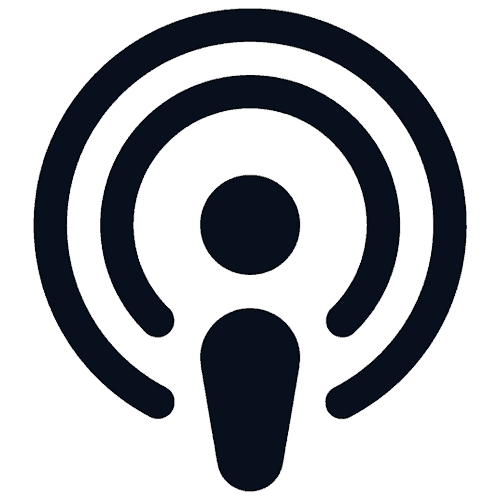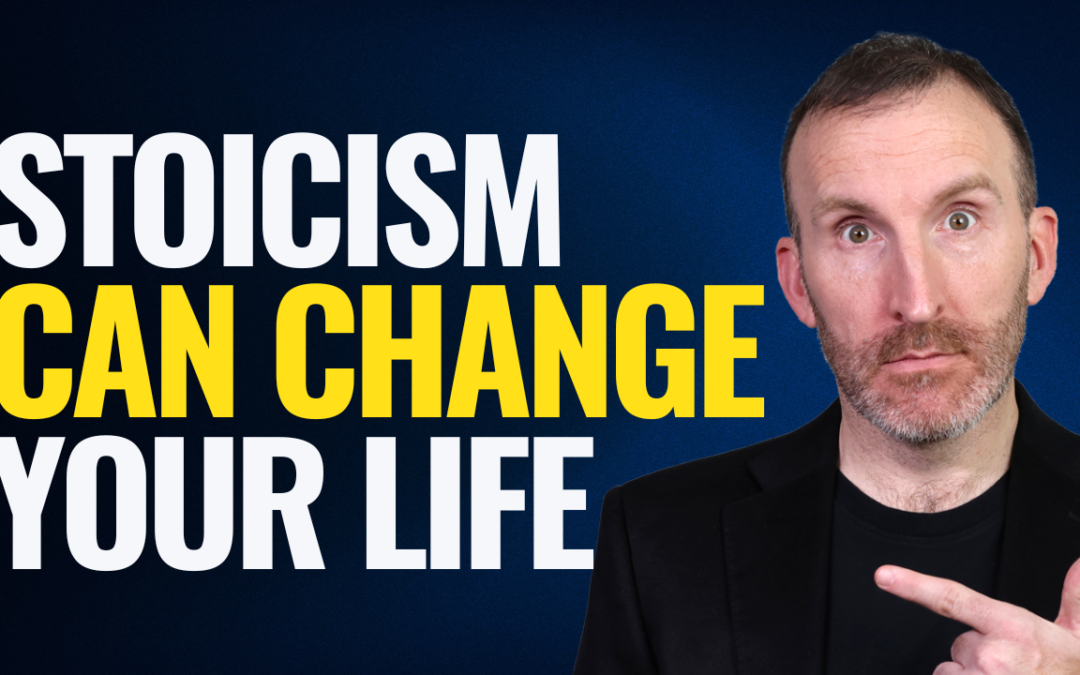In this episode, I explain why it is important to learn to change our own mind and the way we think as well as understanding our emotions better.
The problem with our minds:
Our brains are prediction machines. They attempt to understand the meaning of events so they can predict situations in the future and promote the chance of survival success. To do so, we reason and discuss what’s going on inside our heads. We have a multitude of different inner voices depending on the state we are in or how we feel. The voices often compete to control our behaviour.
Our evolutionary emotions:
Fundamentally, we are driven by evolutionary needs. Often, this results in a number of negative emotions that affect us in an attempt to help us. Fear protects us from danger while stress focuses our attention and depression attempts to get us to stay put. Such emotions and moods helped us to survive in the old world but no longer serve as an effective purpose in most situations.
Emotions
The psychological feelings we feel at any moment
Moods
The background emotion we feel for a while.
How emotions and beliefs connect:
When you are in a particular state, it has an interconnected set of beliefs attached. You will be more likely to tell yourself things and believe things that serve that particular emotion in yourself.
Furthermore, we tend to build beliefs easily and often distort information and generalise information to build certainty around them. These beliefs will often be presented in the form of stories.
Useful definitions:
Beliefs
A thought with certainty attached.
Belief Systems
Certain thoughts about ourselves, the world and how and why things are the way they are.
Self Narratives or Stories
How we make sense of the world and our lives.
Propaganda
Information, especially of a biased or misleading nature, used to promote a political cause or point of view.
Inner Propaganda
Information, especially of a biased or misleading nature, used to promote an inner selves point of view.
We could easily understand what goes on in our mind as inner propaganda. Winning the war means understanding how these emotional selves affect you.
Three factors influence how we think and feel:
THE WORLD: Events are interpreted so we know what to do.
THE BODY: Our bodies experience sensations which tell us what to do.
THE MIND: Our minds make sense of what we interpret with what we ‘know’ and how we ‘feel’.
What makes us feel bad?
Anchors in the World – Things that trigger bad emotional states
i) Connected Triggers (bad news that DOES have a negative impact on us)
ii) Unconnected Triggers (triggers that DO NOT have a negative impact but still make us feel bad)
Our negative habits of thought/strategies interpret what’s going on with our bodies negative sensations along with our prior beliefs with whatever thoughts we are dwelling on and we build a story of what is going on.
What can we do?
- Change Anchors
- Change Habits or Strategies by:
a) Change Self Talk: Mantras, Inner Voice, Questions, But, Mindfulness.
b) Look after the Body – Eating/ Exercise/ Sleep/ Rest/ Air/ Stretching/ Breathing.
c) Challenge Belief Systems CBT Strategies NLP Meta Model.
d) Change the Story.
- Solve the Problem
Default Network – Self identity
Focus more on helping others than ourselves can stop us from ruminating about our own identity.
Links and recommended books
My TEDx talk on Mind Control: How to win the war in your head
The Happiness Habit Brian Colbert
How to take charge of your life Dr Richard Bandler, Alessio Roberti and Owen Fitzpatrick
The Ultimate Introduction to NLP Dr Richard Bandler, Alessio Roberti and Owen Fitzpatrick
Memories Dr Richard Bandler and Owen Fitzpatrick
Conversations Dr Richard Bandler and Owen Fitzpatrick
The Cynical Optimists Brian Colbert and Owen Fitzpatrick
The Four Agreements Don Miguel Ruiz
How Emotions are Made Lisa Feldman Barrett
Podcast: Play in new window | Download







